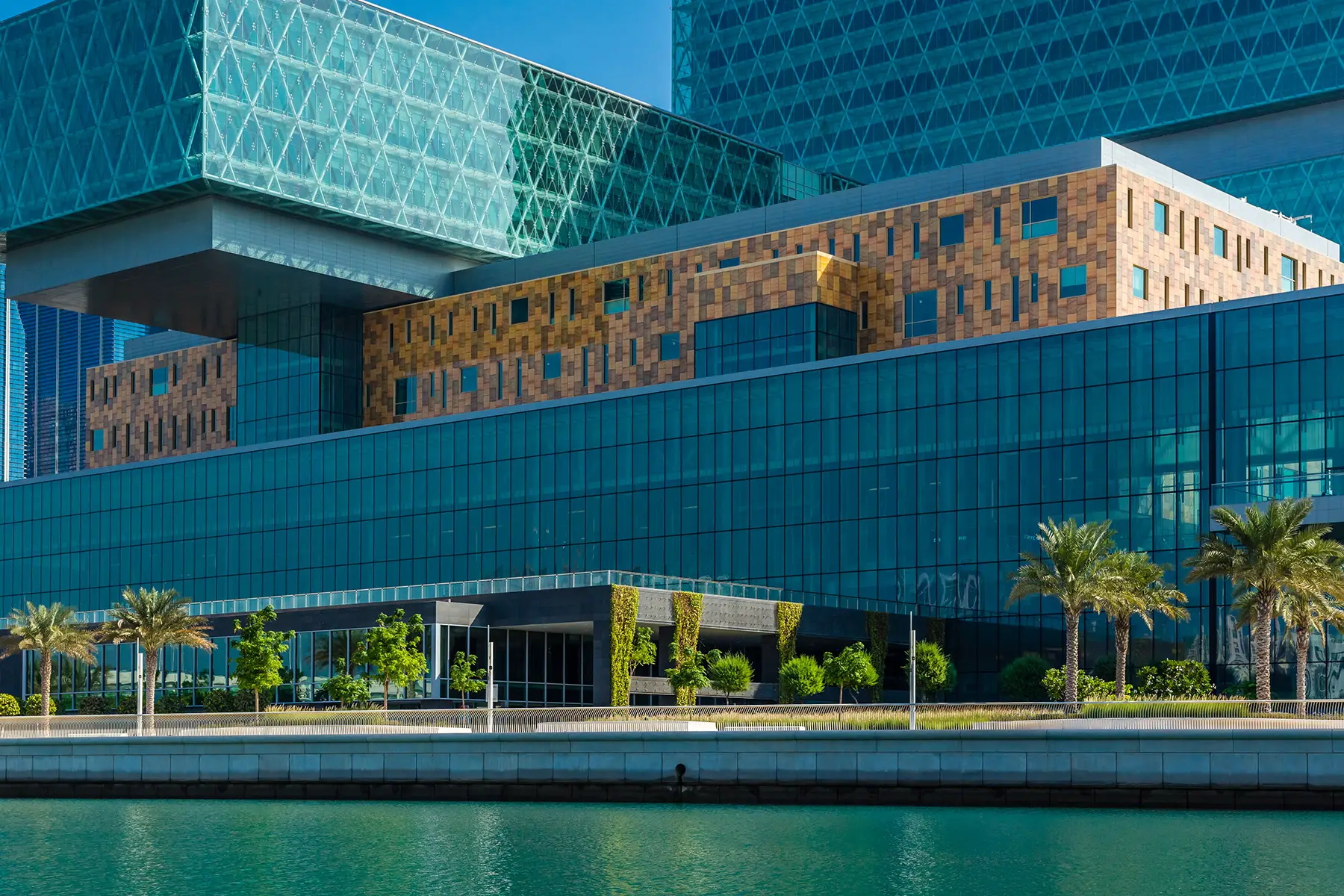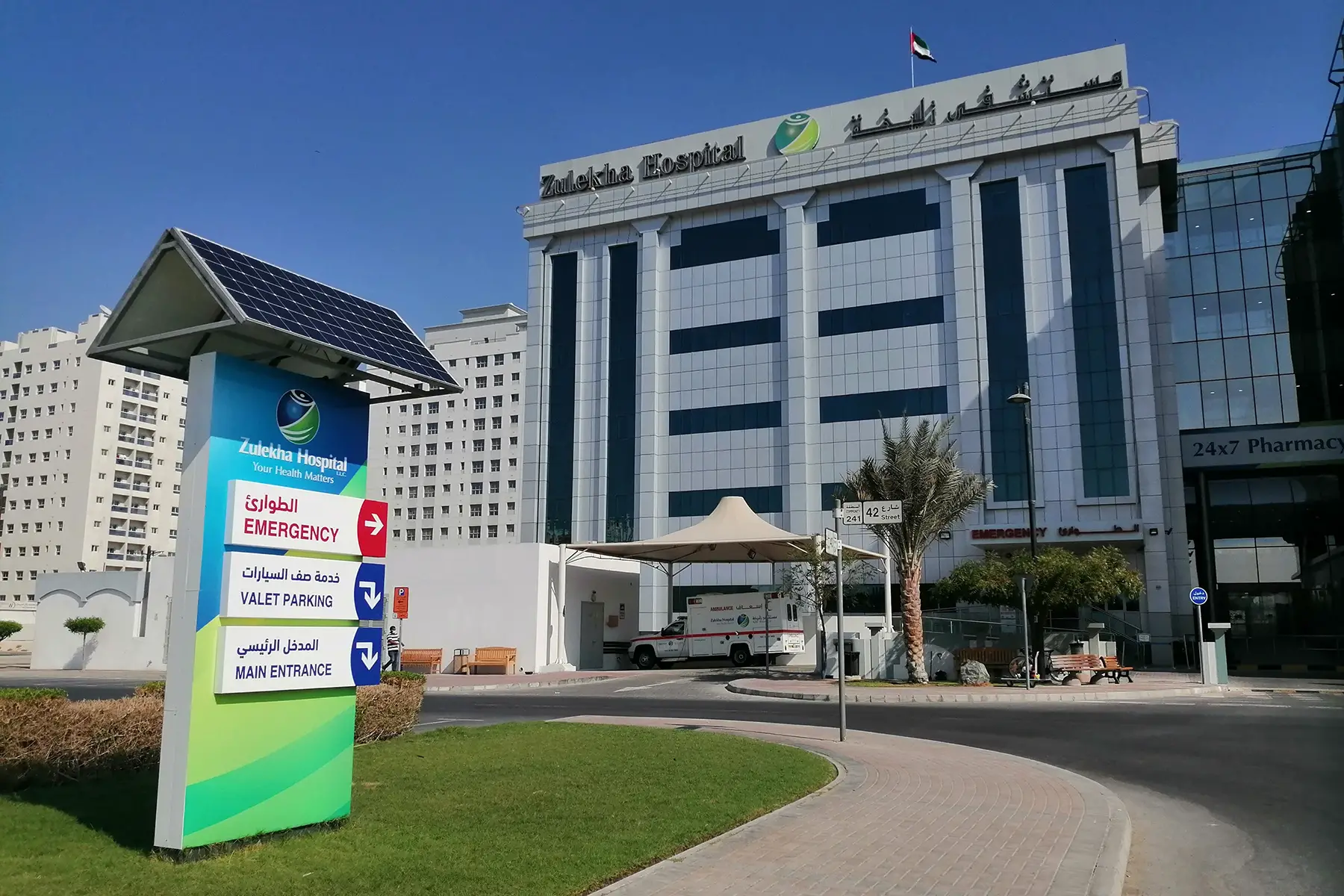Whether you’ve just arrived or lived in the UAE for years, knowing how to find medical help when you need it makes life a lot easier. The country has a strong healthcare system with both public and private options – though as an expat, you’ll likely be using the private side.
From family doctors to medical specialists, we’ll break down how the UAE system works, where to go, and what to expect when you need care.
Continue reading for the following information:
- Overview of doctors in the UAE
- Who can see a doctor in the UAE?
- How to find a doctor near me in the UAE?
- How to see a doctor in the UAE: step-by-step
- How much do doctor visits cost in the UAE?
- Overview of Emirati doctors’ services
- How to complain about doctors in the UAE?
- Useful medical words in Arabic
- Useful resources
APRIL International
Looking for expat-friendly health insurance in the UAE? APRIL International has a long history of providing health coverage tailored to the unique needs of the expat lifestyle, ensuring peace of mind for you and your family. Whether you’re relocating to the UAE or simply staying short-term, APRIL International has the right policy for you.
Overview of doctors in the UAE
The UAE has a solid healthcare system that covers most residents, including expats. The system is funded through a combination of public and private health insurance, which ensures that everyone can access a broad range of medical services, including doctor visits (دكتور or دكتورة) and emergency care.
According to the Ministry of Health and Prevention (MoHAP – وزارة الصحة ووقاية المجتمع), the number of doctors in the UAE is slightly above that of the rest of the Gulf Cooperation Council (GCC – Bahrain, Kuwait, Oman, Qatar, and Saudi Arabia). In 2023, the country had 29.8 doctors per 10,000 residents (GCC average: 27.5).
It is unclear how many family medicine doctors there are in the country; there have been no official statistics since 2015, when the average was 0.17 GPs per 10,000 patients.
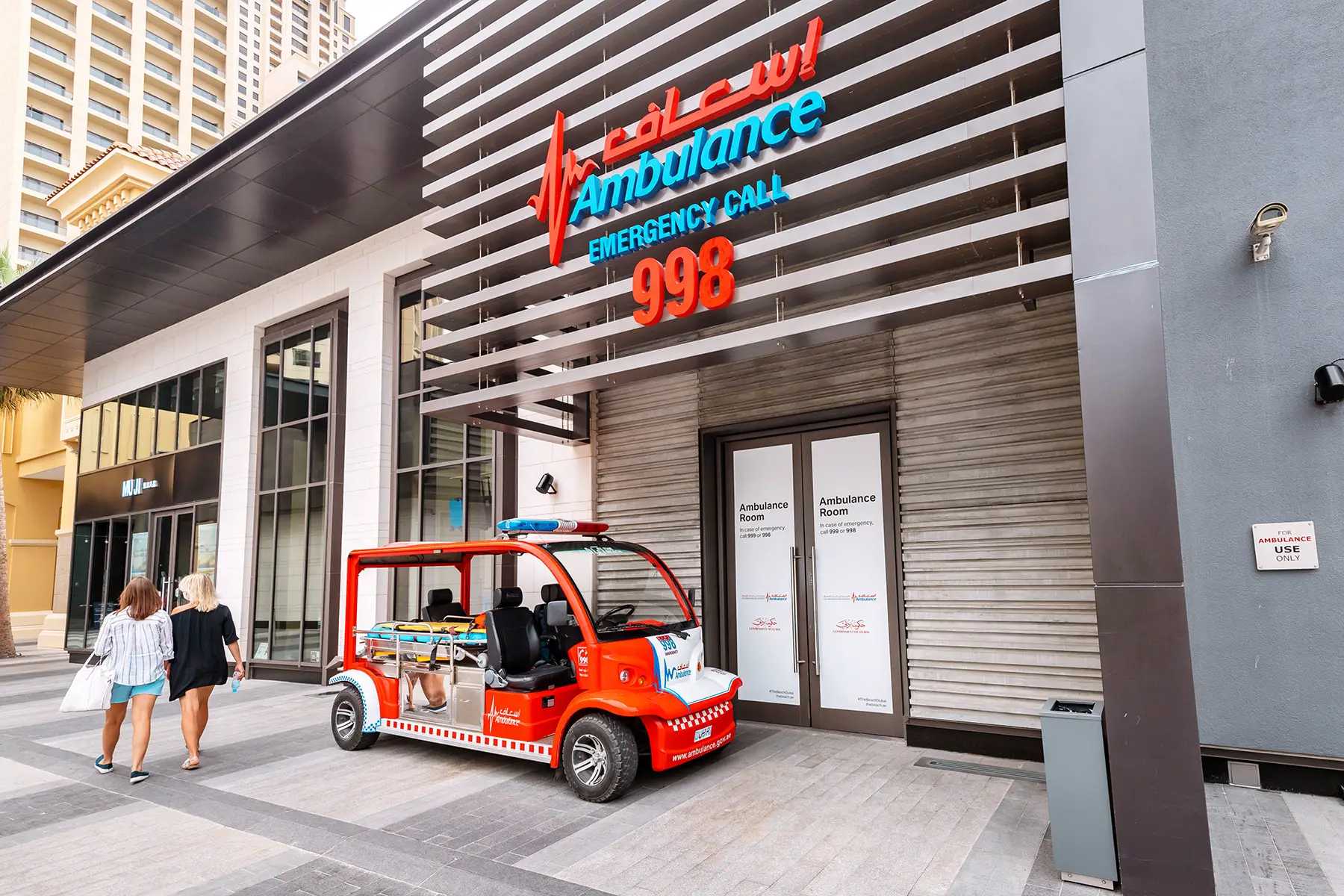
Doctors in the UAE are licensed by the health authorities in their region:
- Physicians in Dubai are registered through the Dubai Health Authority (DHA – هيئة الصحة بدبي)
- Those in Abu Dhabi are licensed by the Abu Dhabi Department of Health (DoH – دائرة الصحة)
- Doctors in Sharjah work under the Sharjah Health Authority (SHA – هيئة الشارقة الصحية)
The MoHAP oversees physicians in the remaining emirates.
Family medicine doctors or GPs in the UAE
Family medicine doctors (GPs – طبيب الأسرة) are often the first point of contact for most health concerns in the UAE. Public doctors work in Primary Healthcare Centers (PHCC – يتكون مركز الرعاية الصحية الأولية), which are located throughout the country. Non-GCC expats don’t have access to the public system, so they’ll need to use one of the many private healthcare services in the UAE.
While some clinics are open 24/7, others have regular opening hours. Public PHCCs are typically open from 07:30 to 22:00 on Monday to Thursday and 07:30 to 14:00 on Friday. Weekend hours differ greatly; some centers are open according to the weekday schedule, some have reduced hours, and some are closed. Most primary care centers are also closed on public holidays.
Private clinics often have extended hours, including evenings and weekends.
GPs in the UAE handle routine medical issues, perform basic exams, manage chronic conditions, and refer you to specialists when necessary. They also maintain your medical records and help coordinate follow-up treatments.
Medical specialists in the UAE
If you require more specialized care, the next step is typically to see a medical specialist (طبيب متخصص). The UAE has a wide range of specialists available in both the public and private healthcare sectors, including fields such as dermatology, cardiology, orthopedics, and more.
Specialists usually work in hospitals or private clinics. Operating hours vary by facility, but most public-sector clinics operate between 07:30 and 14:30, Sunday to Thursday. Private clinics often have extended hours, including during evenings and weekends.
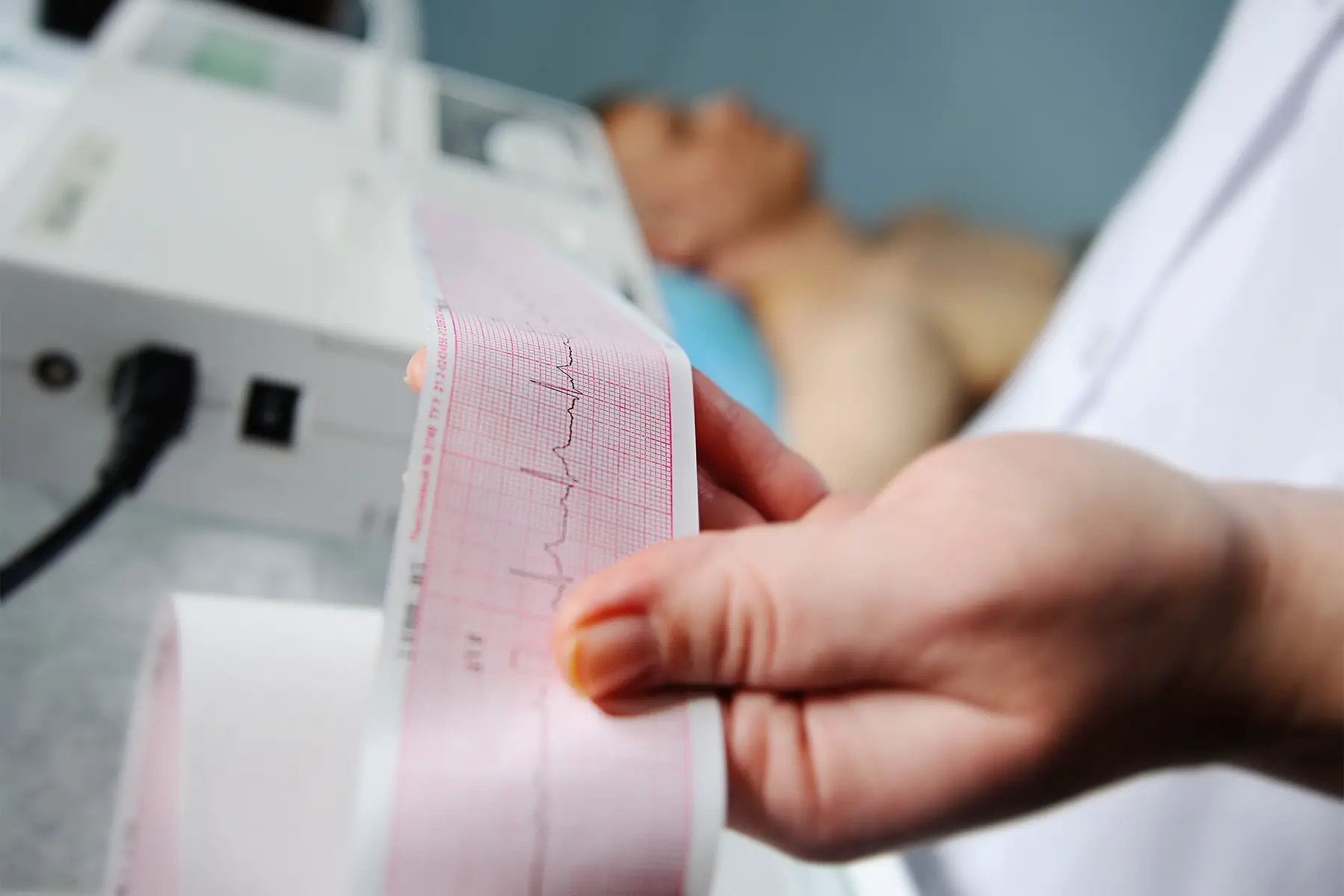
Patients need a GP referral to see a specialist in the public sector. Waiting times can vary depending on the emirate and the type of specialist, but appointments may take a few days or weeks. With private healthcare, you don’t need a referral to see a medical specialist, though it could help you and them identify your situation more easily. Your insurance may also reimburse more if you do have one.
Who can see a doctor in the UAE?
Everyone can access medical care to some degree or another, including asylum seekers, refugees, and tourists. However, for non-urgent medical help, you have to pay large out-of-pocket costs or have health insurance coverage – either public, private, or both.
Our article on health insurance in the UAE covers the topic (and costs!) in more detail, but basically, there are both public and private doctors. While they both offer great standards of care, the difference is in the accessibility and insurance coverage.
For example, public services are free with public health insurance, but they are not as luxurious as private health centers. While wait times in the UAE are practically negligible, private doctors have even shorter waiting times and offer longer, personalized visits.
Of course, when you’re an expat, you can’t use the public system and must rely on private doctors.
How to find a doctor near me in the UAE?
If you are in a life-threatening situation, go to the nearest hospital emergency department (قسم الطوارئ). Signs are indicated in both English (emergency) and Arabic (الطوارئ). You can also call 998 for ambulance services or 999, which is the main emergency number in the UAE. Operators typically speak English and Arabic, but they are not likely to be native speakers, so make sure to speak clearly. They may ask you a few questions and then send over an ambulance as quickly as possible.

If your situation is less immediate (and more you looking for information), you can find doctors and GPs through your insurance provider. They’ll most likely direct you to the most cost-effective health clinic in your area.
You can also go through your emirate’s health authority. For instance, Dubai Healthcare City and the Dubai Health Registry list doctors in the city-emirate. Abu Dhabi residents can search for a doctor on the SEHA website or through Tamm.
For English-speaking doctors, you can check websites like Health Finder, HeliumDoc, and Okadoc. And if you need medical help outside working hours, the UAE has some on-call doctor services available (e.g., in Abu Dhabi and Dubai).
How to see a doctor in the UAE: step-by-step
Step 1: Register with your preferred doctor
Some insurance providers in the UAE require you to register with one family medicine doctor or health clinic. However, even if yours doesn’t, it’s recommended to do so for practicality and familiarity.
Most private health centers allow you to register online or in person at the clinic. You will need to provide a valid ID, your residency visa, and your health insurance details. After that, you may have an initial doctor’s appointment to review your medical history. If you have them, make sure to bring your medical records, along with a list of medications you are using.
Step 2: Book a doctor’s appointment
Walk-in appointments are rare in the UAE, and most doctors require you to schedule an appointment in advance. You can do so with a quick phone call to the individual medical center or using an online service like HealthHub. Specialists don’t do walk-ins unless it’s for urgent medical situations.

When relying on public healthcare, you can generally expect to wait a few days to see a GP and a few weeks to see a specialist. Private doctors have shorter waiting times and can often see you the same or the next day.
Step 3: Visit the health center
When you go to the scheduled appointment, make sure to bring your health insurance card, ID, and wallet. This card proves that you’re insured, and it allows your doctor to upload any prescriptions for medications, should you need them.
Waiting times will vary based on how busy the clinic is, but you can always ask the front desk how long you are likely to be waiting. Many clinics are also providing in-home doctor visits, but keep in mind that some private services may or may not accept insurance.
Non-GCC expats should keep in mind that culture may play a role during the appointment. For example, some male doctors consider it impolite to look directly in a female patient’s eyes, even when treating her.
How much do doctor visits cost in the UAE?
Public healthcare is free for Emirati citizens and GCC nationals, including doctor visits and specialist care. Some services, like prescription medications, require a copayment.
Of course, foreign nationals must use the private sector. Without proper insurance, a consultation with a private GP in the UAE costs around AED 250–300, depending on the location and services provided. You may also face additional charges for lab work, imaging, and prescriptions. Specialists typically charge AED 500–600, depending on their specialty and clinic.
Do I need health insurance in the UAE?
Yes. Our article on Emirati health insurance explains everything in full detail, but as a quick summary:
- Health coverage is a requirement for most residency permits
- While UAE employers must legally provide basic insurance to foreign employees (including domestic workers), these plans often have a six-month coverage gap
- Foreign nationals looking to avoid any large out-of-pocket payments should consider getting private (top-up) insurance

There are many private health insurers in the UAE, and it’s worth shopping around to find the best deals. Aside from the home-grown health insurance providers, there are also international insurers who cater specifically to expats. These providers are ideal for residents who want to bridge the coverage gap, travel outside the country a lot, or simply prefer expat-focused care:
Overview of Emirati doctors’ services
Prescription medications
If necessary, the doctor may prescribe you medication, which you can pick up from any pharmacy (صيدلية) in the UAE. To find one nearest to you, you can use any search engine or check the regional health authority’s website (e.g., Abu Dhabi, Ajman, or Dubai).
Some pharmacies are open 24/7, while others have regular opening hours. If you can’t go to the pharmacy in person, you can also order prescription medication online from a service like 800 Pharmacy.
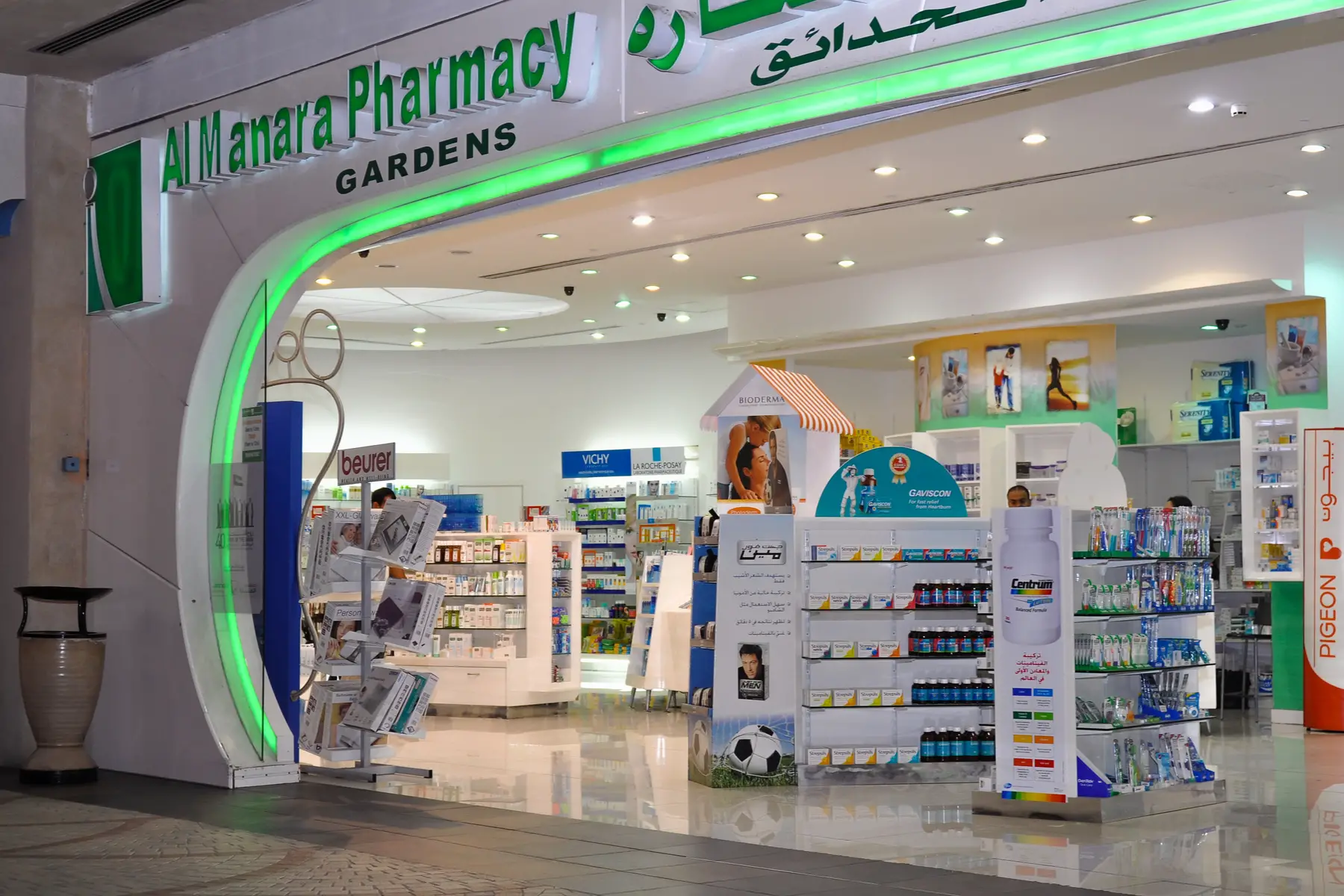
We advise expats using foreign medications to write down the generic brand name or the active ingredient of their medication. That’s because brand names can vary from country to country. For example, Prozac in the US is sold as Flunil in the UAE. However, the generic brand name is Fluoxetine.
Certain drugs are not allowed in the UAE, even if you have a prescription. You can find more information about controlled and semi-controlled medicines on the government’s website.
Medical tests in the UAE
While doctors in the UAE can do several medical tests on location, some testing needs to be done by a specialist. In case of the latter, you will be given a referral. When the results are in, they’ll be uploaded to your clinic’s online health portal or app. Some clinics may call you to let you know and discuss any possible next steps.
How to complain about doctors in the UAE?
If you want to file an official complaint about a doctor or specialist in the UAE, you must reach out to your local health authority. The process will depend on the emirate you live in. For example:
- Abu Dhabi – fill out the complaints form online or call 800 555
- Dubai – submit a complaint online or by email, call 800 342, or visit a DHA center in person
- Other emirates – use the MoHAP e-services to file a complaint online
Response times may vary.
Useful medical words in Arabic
In places popular with expats, most Emirati doctors speak fluent English. However, it is a good idea to have a phrasebook or a translator app on your phone in case you need to explain more complicated health issues.
You’ll also want to remember some of these medical words in Arabic:
| English | Arabic | Pronunciation |
| General practitioner | طبيب عام | ta-beeb aahm |
| Doctor’s clinic | عيادة | ʿee-yaa-dah |
| Appointment | موعد | maw-ʿid (like ‘mow-id’) |
| Pain | ألم | a-lam (rhymes with British ‘ham’) |
| Headache | صداع | sew-daah |
| Stomach ache | ألم المعدة | a-lam al-maʿ-da |
| Back pain | ألم الظهر | a-lam az-zahr |
| Fever | حرارة | ha-raa-rah |
| Cough | كحة | kaḥ-ḥa (like “ka-ha” with a raspy h) |
| Prescription | وصفة طبية | waṣ-fa ṭib-bee-yah |
| Painkiller | مسكن | mu-sak-kin |
Useful resources
- Emirati Health Service – official government portal with information and ways to contact public healthcare professionals
- Department of Health – official government website for healthcare in Abu Dhabi
- Dubai Health Authority – official government website for healthcare in Dubai
- Ministry of Health and Prevention – official government website of the federal health ministry in the UAE


